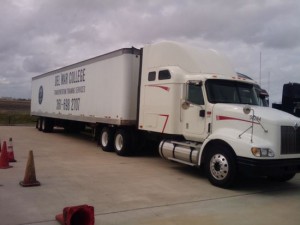For the first time, PetroEd® is providing access to the industry’s most popular on-line oilfield education courses--without cost--to qualifying students through the Open Petroleum Education Network (OPEN™).
The courses in OPEN are chalk-full of engaging multimedia, 3d animations and interactive learning that resonates with today's generation of visual learners.
“High paying petroleum industry jobs await...but you have to graduate.”
The OPEN initiative provides educational institutions and students worldwide with immediate access to best-in-class multimedia learning materials for the oil and natural gas industry at little or no cost. The OPEN program offers supplemental multimedia learning materials. In today’s frenzied market for skilled engineers, many instructors find themselves deluged with students seeking degrees in petroleum-related programs; they may not have sufficient resources and time to handle the capacity. OPEN allows students to take on-line courses before attending petroleum related classes.
About PetroEd
The OPEN initiative is PetroEd's sustainability program launched in 2010 with founding sponsor SGS in Geneva, Switzerland; the program allows selected universities access to premium quality on-line educational material focused on technical oil and natural gas operations. We are now introducing the course at the secondary school level.
To Learn More or Enroll Contact
Cameron Thompson 713-461-5200 cthompson@petroed.com
The article above was published through EagleFordShale.com’s press release distribution service. Learn more about Eagle Ford Advertising Here.



